Comparison and Logical Operators Explaination
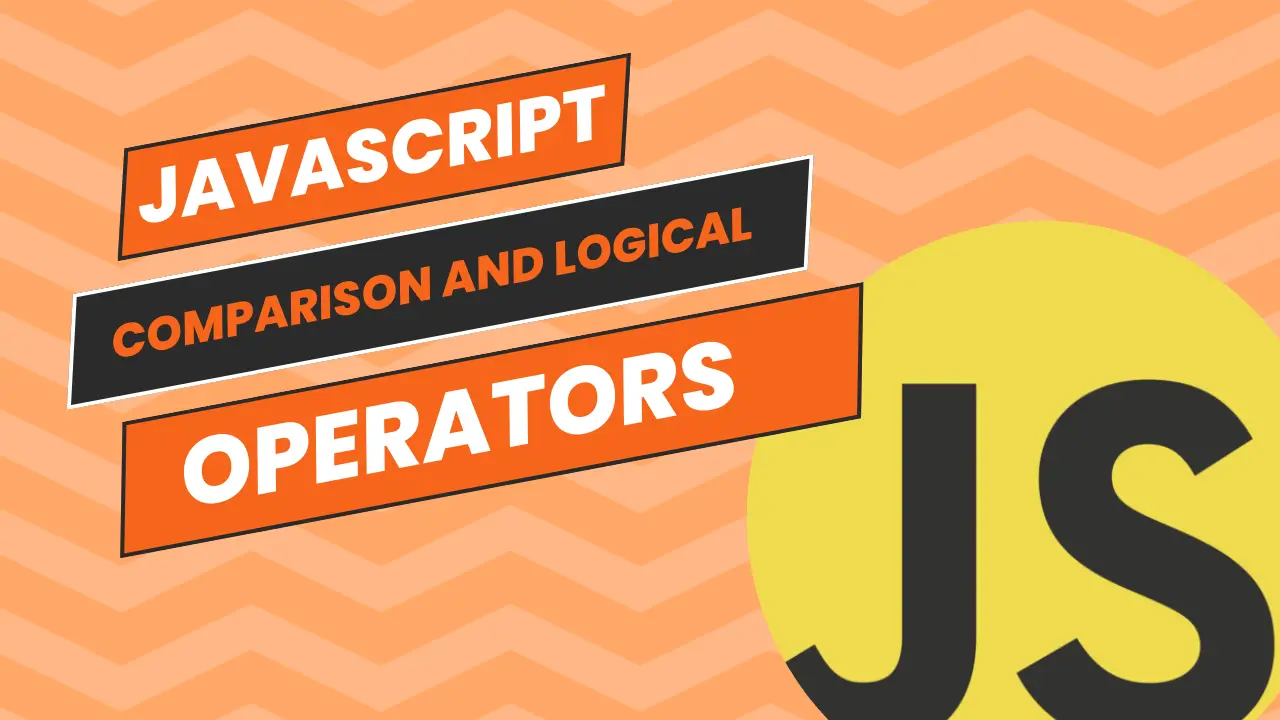
Comparison and Logical Operators Explaination
In the world of programming, operators are essential building blocks that help in manipulating data, making decisions, and controlling the flow of execution. Among these operators, comparison operators and logical operators are crucial in evaluating conditions and making decisions in your code. Understanding how to use these operators effectively can improve the logic and functionality of your programs.
In this post, we will dive into comparison operators and logical operators, explaining what they are, how they work, and provide code examples in popular programming languages like PHP and JavaScript.
What are Comparison Operators?
Comparison operators are used to compare two values. They evaluate the relationship between them and return a boolean value (true or false). These operators are fundamental in decision-making processes, where you need to check conditions in if-else statements, loops, and other control structures.
List of Comparison Operators
- Equal to (==): Checks if two values are equal.
- Not equal to (!=): Checks if two values are not equal.
- Identical to (===): Checks if two values are equal and of the same type.
- Not identical to (!==): Checks if two values are not equal or not of the same type.
- Greater than (>): Checks if the left operand is greater than the right operand.
- Less than (<): Checks if the left operand is less than the right operand.
- Greater than or equal to (>=): Checks if the left operand is greater than or equal to the right operand.
- Less than or equal to (<=): Checks if the left operand is less than or equal to the right operand.
Code Example in JavaScript
let a = 10;
let b = 5;
if (a > b) {
console.log(a + " is greater than " + b); // Output: 10 is greater than 5
}
if (a == 10) {
console.log(a + " is equal to 10"); // Output: 10 is equal to 10
}
if (a !== b) {
console.log(a + " is not equal to " + b); // Output: 10 is not equal to 5
}
if (a === 10) {
console.log(a + " is identical to 10"); // Output: 10 is identical to 10
}
if (b <= 5) {
console.log(b + " is less than or equal to 5"); // Output: 5 is less than or equal to 5
}
What are Logical Operators?
Logical operators are used to combine two or more conditions and evaluate them as a single result. These operators allow you to build more complex conditions. They are commonly used in if, while, for, and other control flow statements.
List of Logical Operators
- AND (&&): Returns
trueif both operands are true. - OR (||): Returns
trueif at least one of the operands is true. - NOT (!) or Negation: Inverts the truth value of the operand. If the operand is
true, it returnsfalse, and vice versa.
Code Example in JavaScript
let a = 10;
let b = 5;
let c = 15;
if (a > b && a < c) {
console.log(a + " is greater than " + b + " and less than " + c); // Output: 10 is greater than 5 and less than 15
}
if (a == 10 || b == 10) {
console.log("Either " + a + " or " + b + " is equal to 10"); // Output: Either 10 or 5 is equal to 10
}
if (!(a < b)) {
console.log(a + " is not less than " + b); // Output: 10 is not less than 5
}
Why Use Comparison and Logical Operators?
These operators play a vital role in conditional logic and decision-making. They are used to:
- Control program flow: You can determine which block of code to execute based on conditions.
- Validate input: Operators help check if the user input meets certain criteria.
- Compare values: You can compare numbers, strings, and other types of data to make informed decisions in your program.
In PHP, comparison and logical operators are commonly used in form validation, user authentication, and data manipulation. In JavaScript, these operators help in controlling the behavior of web applications, managing user interactions, and more.
Best Practices for Using Comparison and Logical Operators
Avoid redundant checks: Keep your conditions simple and avoid unnecessary comparisons. For example, you don’t need to check if a value is greater than or equal to 10 and less than or equal to 10 in the same if block.
Use parentheses for clarity: When using multiple logical operators, always use parentheses to clarify the order of evaluation and avoid logical errors.
Test boundary conditions: Ensure you test values on the boundaries of your conditions. This helps identify potential off-by-one errors.
Maintain readability: Keep your conditional statements readable. Avoid deep nesting of conditions, as it can make your code hard to understand and debug.
Conclusion
Comparison and logical operators are the backbone of decision-making in programming. They help programmers evaluate conditions and manage the flow of execution based on logical outcomes. By understanding how and when to use these operators, you can write more efficient and effective code. Whether you're developing a complex algorithm, validating user input, or controlling program flow, these operators will be essential tools in your programming toolkit.
FAQ's
What are comparison and logical operations?
Comparison Operators are used to perform comparisons. Concatenation Operators are used to combine strings. Logical Operators are used to perform logical operations and include AND, OR, or NOT. Boolean Operators include AND, OR, XOR, or NOT and can have one of two values, true or false.
What is == and === in JavaScript?
JavaScript provides three different value-comparison operations: === — strict equality (triple equals) == — loose equality (double equals)
What are comparison and logical operators in C?
Equality/Relational operators ( ==, != , >, <, >=, <= ). These operators compare two values and determine if one operand is greater than, less than, equal to, or not equal to the other operand. Logical/Conditional operators such as the AND( && ) and OR( || ) operators.
How are logical operations explained?
A logical operation in Computer Science refers to a decision-making process where the outcome is either TRUE or FALSE based on the conditions provided. It involves using logical operators such as AND, OR, and NOT to determine the truth value of expressions.
What is the difference between null and undefined?
By definition, undefined means a variable has been declared but has not yet been assigned a value, whereas null is an assignment value, meaning that a variable has been declared and given the value of null .
Why do we use logical operators?
Logical operators evaluate Boolean expressions and determine whether the entire expression is true or false based on the operator used. You can use logical operators to do the following: Construct simple queries that return true, false, or unknown results using Boolean logic.








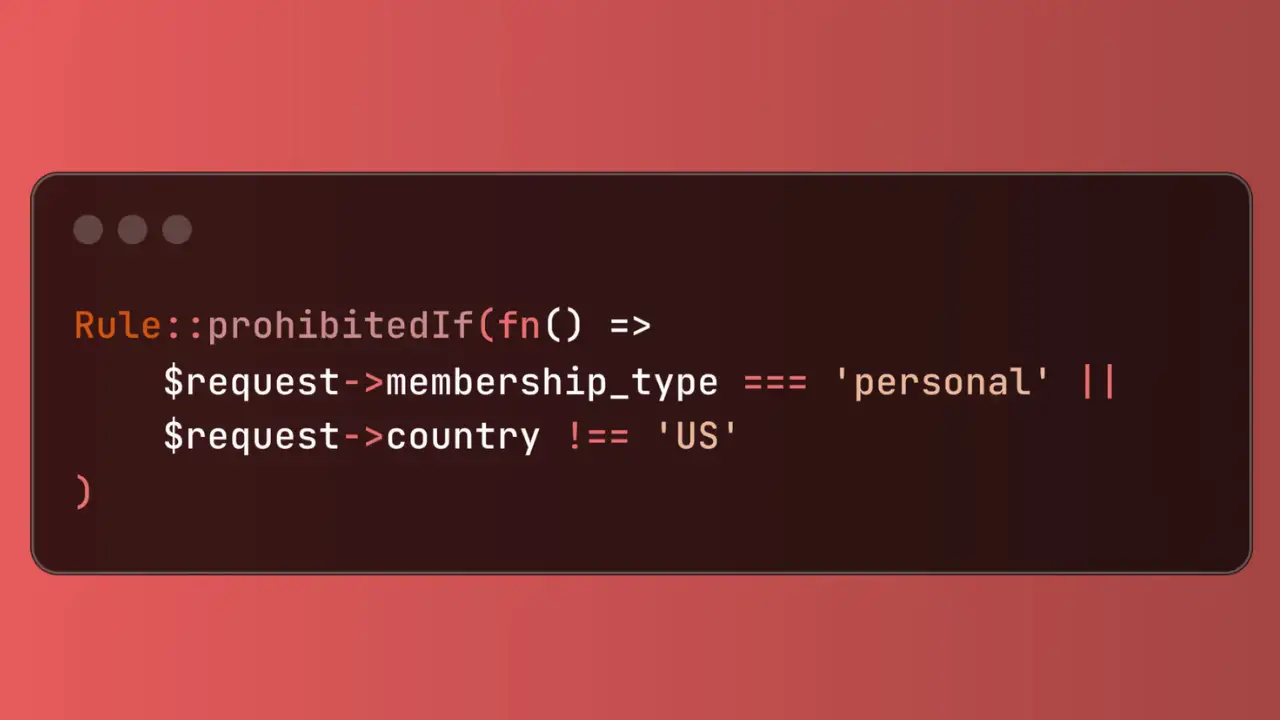
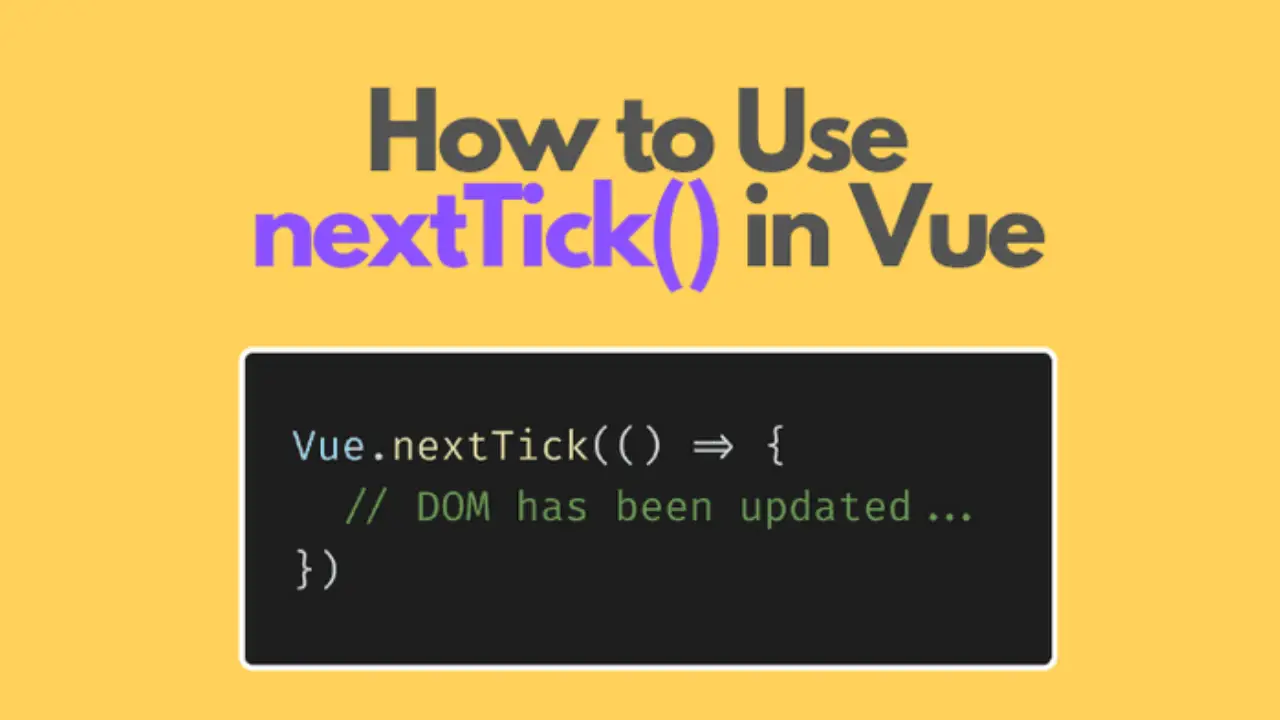
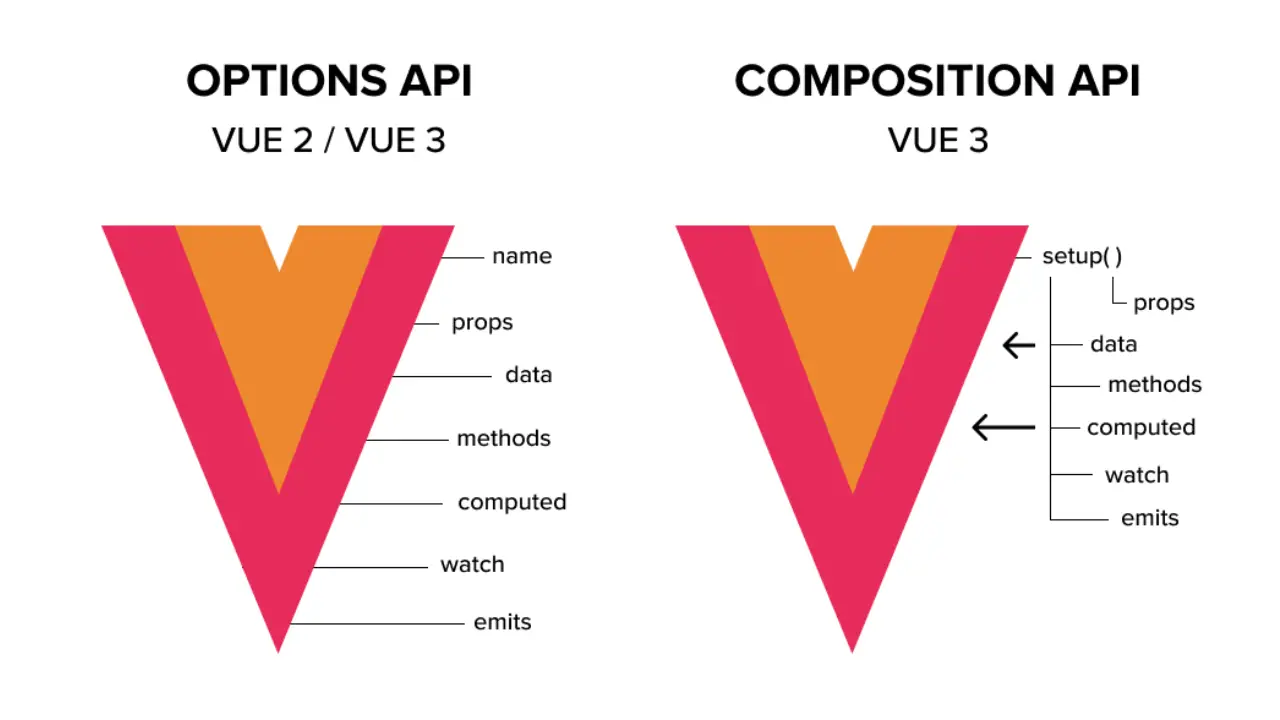
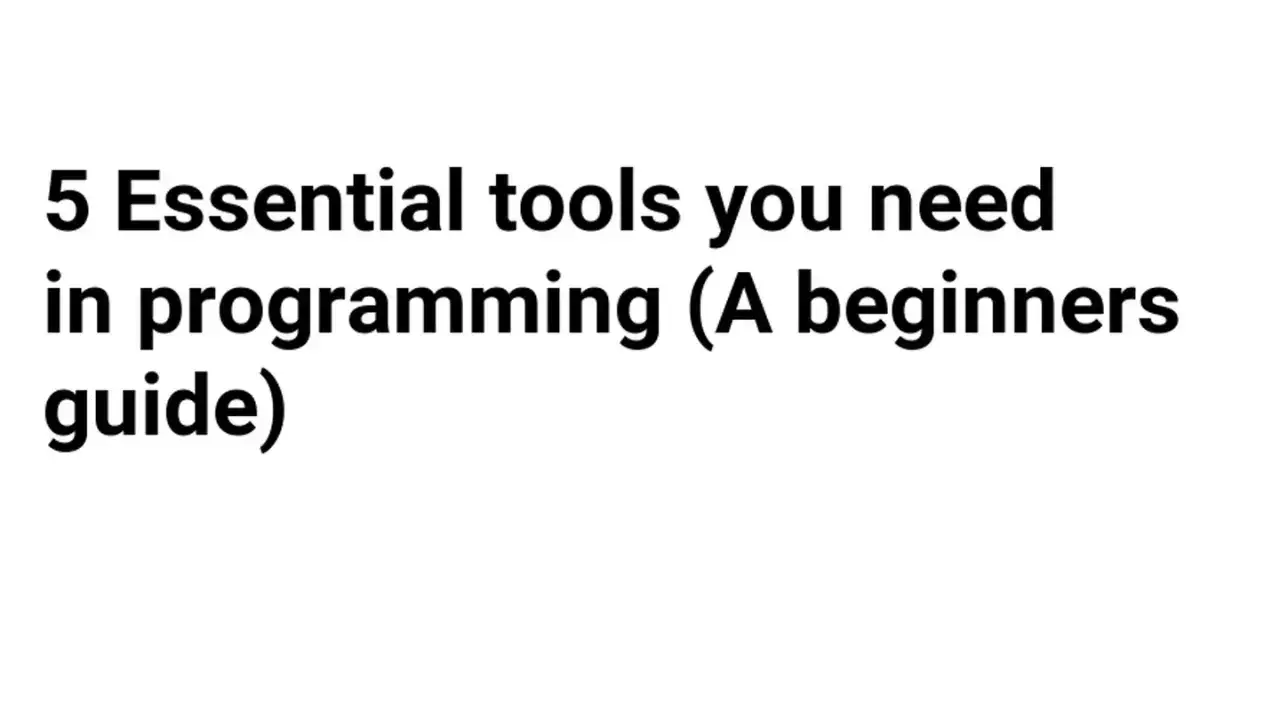

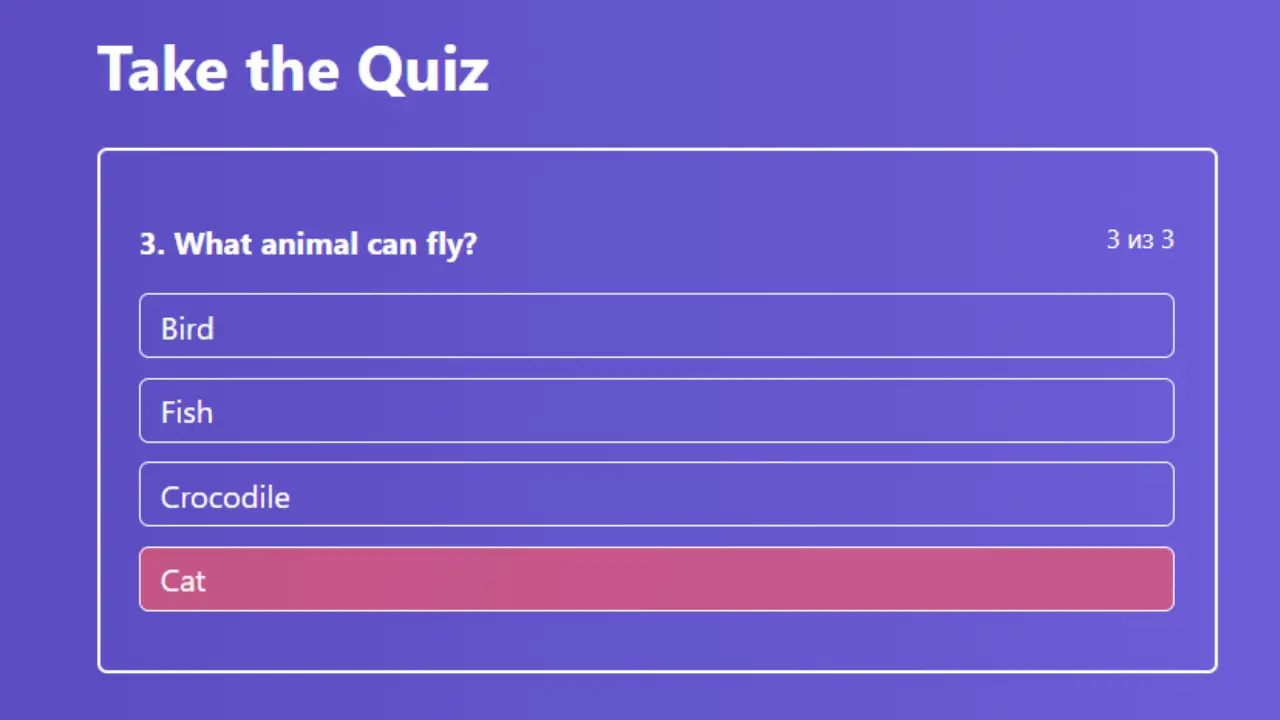






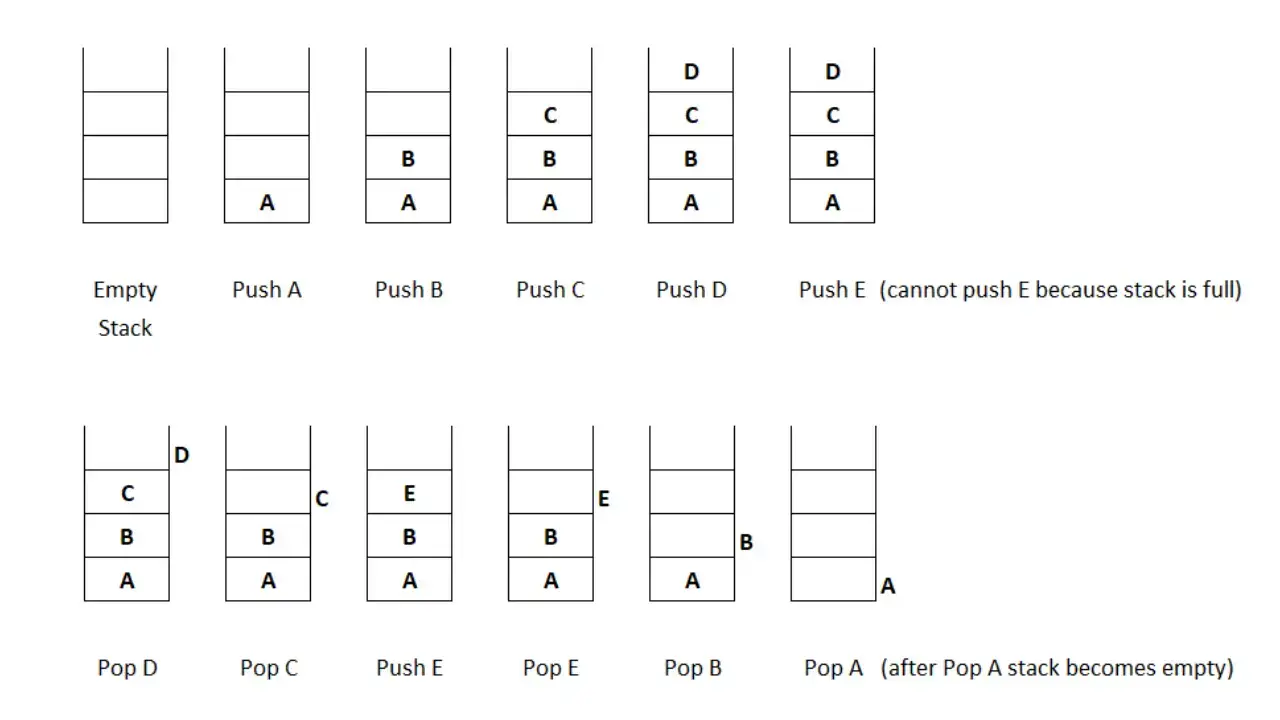


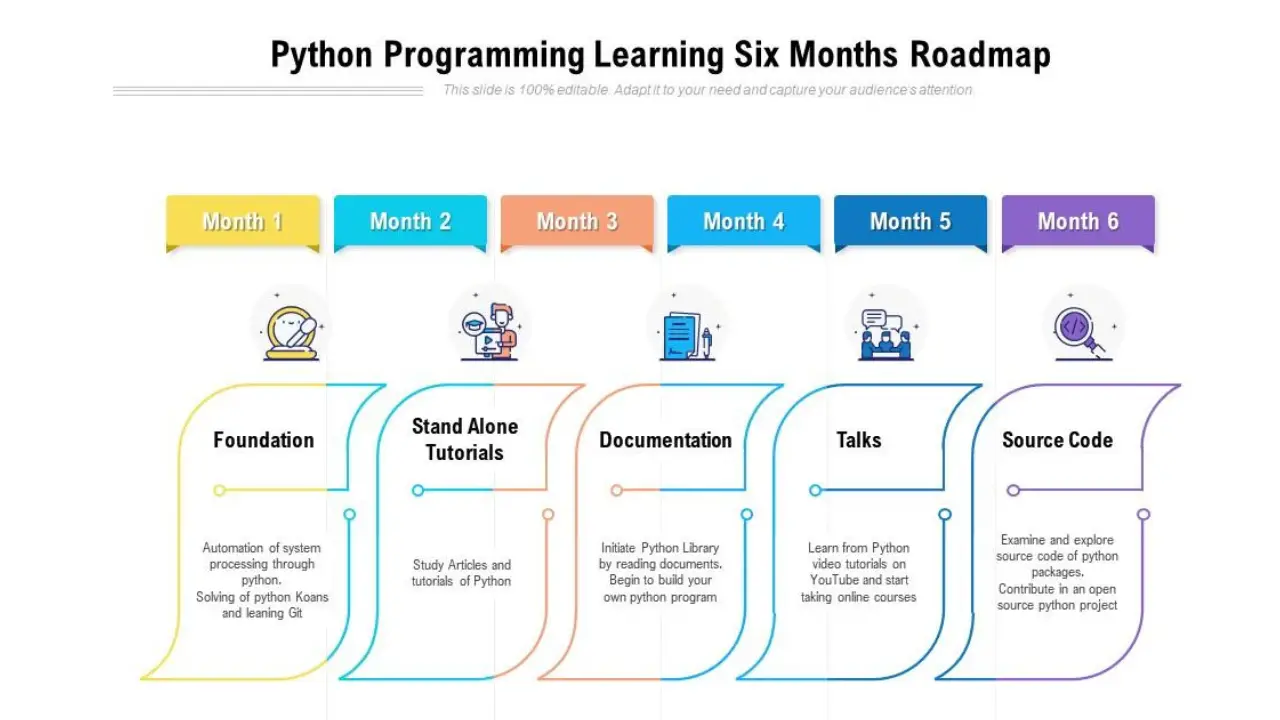

0 Comments
No Comment Available